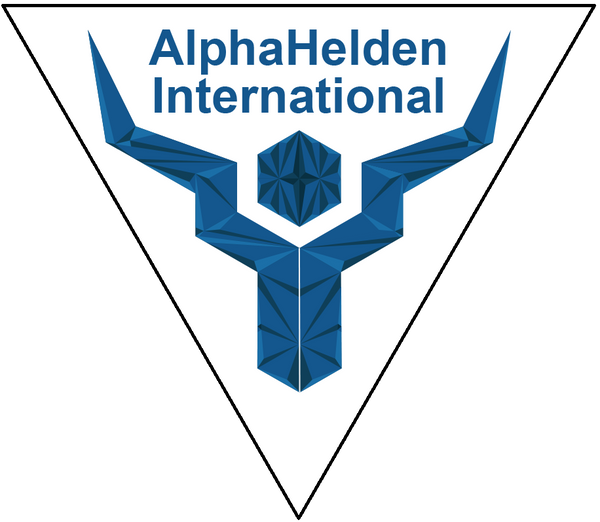German Automotive Giants Accelerate Collaboration with Chinese Autonomous Driving and AI Technologies
Share
In recent years, German automotive companies have deepened their cooperation with Chinese autonomous driving and artificial intelligence (AI) technology firms, jointly driving innovation in smart vehicle technologies.
Volkswagen Group has formed a joint venture with Horizon Robotics, focusing on in-vehicle AI chips and autonomous driving solutions. Together, they are developing intelligent cockpits and advanced driver assistance systems (ADAS), helping Volkswagen accelerate the intelligent transformation of its models in China.
Audi has also established a strategic partnership with Huawei. Models such as the Q6L e-tron and A6L e-tron have been tailored to meet the needs of Chinese consumers, integrating Huawei’s cutting-edge intelligent driving solutions. This collaboration combines Audi’s iconic Quattro all-wheel drive technology with Huawei’s smart driving capabilities, delivering a luxurious yet tech-savvy driving experience for Chinese customers.
BMW Group, on the other hand, has partnered with Tencent, leveraging Tencent Cloud’s powerful computing platform and data processing capabilities. Together, they have built an efficient development and testing platform for autonomous driving, significantly accelerating the deployment of BMW’s Level 3 autonomous driving features in China.
Meanwhile, Mercedes-Benz has signed a strategic cooperation memorandum with Volcengine, the technology arm of ByteDance, to jointly explore cutting-edge technologies such as large language models (LLMs), generative AI, and big data analytics. By accelerating digital innovation in China, Mercedes-Benz aims to leverage advanced AI technologies to enhance its intelligent cockpit, delivering a more intuitive, convenient, and personalized digital luxury experience for Chinese customers.
This deepening Sino-German collaboration not only reduces development costs and mitigates risks, but also fosters data sharing and the creation of unified technical standards, driving the global smart automotive industry forward. In the future, this "German engineering meets Chinese speed" model is likely to become the new norm.
